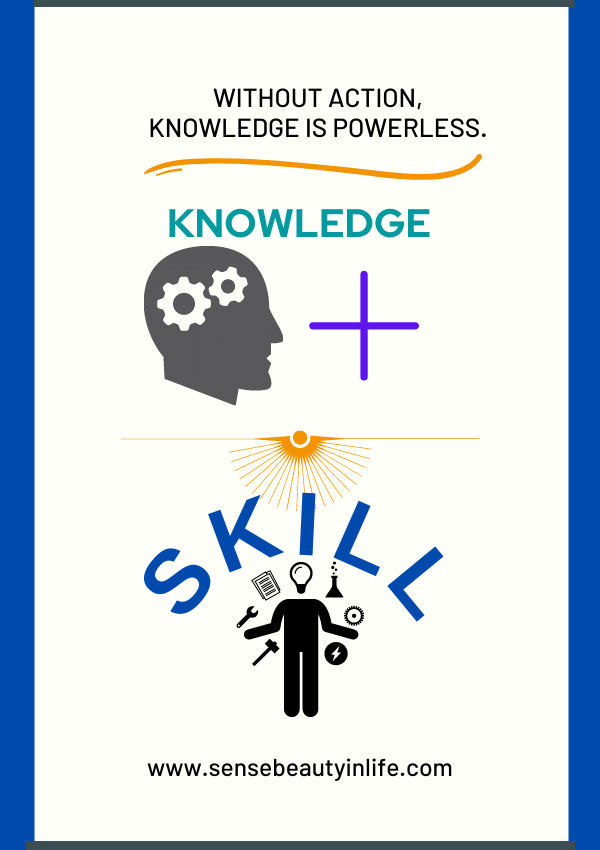
Hope: Your Driving Force for a Meaningful Life
In a world where challenges are inevitable, hope stands as a powerful force, energizing life and driving us toward a brighter future. Often, others might attempt to diminish our hope, mistaking setbacks for downfalls. Yet, it is hope that allows us to stay connected with the higher purpose, guided by the instructions of the Almighty, and to reap the benefits of perseverance.
The Psychological Aspect of Hope
Psychologically, hope is much more than wishful thinking; it is a proactive mindset intricately linked to optimism and resilience. It involves setting clear goals, identifying pathways to achieve them, and sustaining the motivation to follow through, even when obstacles arise. Hope empowers individuals to take meaningful actions, leading to positive results. When we are hopeful, we don’t merely wait for things to improve—we actively work toward making them better.
The Emotional and Spiritual Aspect of Hope
Emotionally, hope is a comforting balm during difficult times. It helps us cope with stress, loss, and trauma, providing a sense of peace and stability. Spiritually, hope is often tied to faith—a belief in a higher power or trust in the inherent goodness of life. This spiritual connection can imbue our lives with a profound sense of purpose and meaning, giving us the strength to face adversity with grace and determination.
The Biological Benefits of Hope
Hope is not just a psychological or emotional phenomenon; it also has tangible benefits for our physical health. Research shows that hope can reduce stress, improve immune function, and promote overall well-being. When we are hopeful, our bodies respond positively, helping us to maintain a healthier and more vibrant life.
The Importance of Hope in Life
Motivation and Goal Setting: Hope is the engine that drives us to set and pursue goals, even when the odds are against us. It fuels ambition and keeps us moving forward when our motivation begins to wane.
Resilience and Coping: In tough situations, hope is crucial for resilience. It enables us to bounce back from setbacks and continue striving toward our goals. Hope prevents us from giving up and instead encourages us to find solutions.
Mental Health: Hope is a protective factor against depression and anxiety. It fosters a positive outlook and helps reduce stress, contributing to better mental health overall.
Community and Social Impact: Hope is contagious. When individuals are hopeful, they inspire communities to strive for change and progress. Hopeful people often engage in collective efforts to address social issues, contribute to their communities, and support others.
Life Satisfaction: Ultimately, hope contributes to overall life satisfaction and well-being. It gives us a reason to wake up each day with a sense of purpose and possibility, driving us to face life’s challenges with confidence.
Cultivating Hope in Your Life
Setting Realistic Goals: Break down larger goals into smaller, manageable steps. This approach makes progress more tangible and achievable, fostering a continuous sense of hope.
Positive Thinking: Focus on positive outcomes even in the face of challenges. This doesn’t mean ignoring difficulties, but rather maintaining a balanced and hopeful perspective.
Support Networks: Surround yourself with supportive and positive people. A strong support network can reinforce hope and provide encouragement during tough times.
Mindfulness and Gratitude: Practice mindfulness and gratitude to stay grounded in the present. Appreciating the positive aspects of life can help maintain a hopeful outlook.
Spiritual or Philosophical Beliefs: Engaging with spiritual or philosophical beliefs can provide a deeper sense of hope, purpose, and meaning in life.
Conclusion
Hope is an essential aspect of life that fuels motivation, fosters resilience, and contributes to our mental and emotional well-being. It is the driving force that helps us navigate life’s challenges and strive for a better future. Embrace hope as your driving force, and let it guide you toward a life filled with purpose, fulfillment, and endless possibilities.






